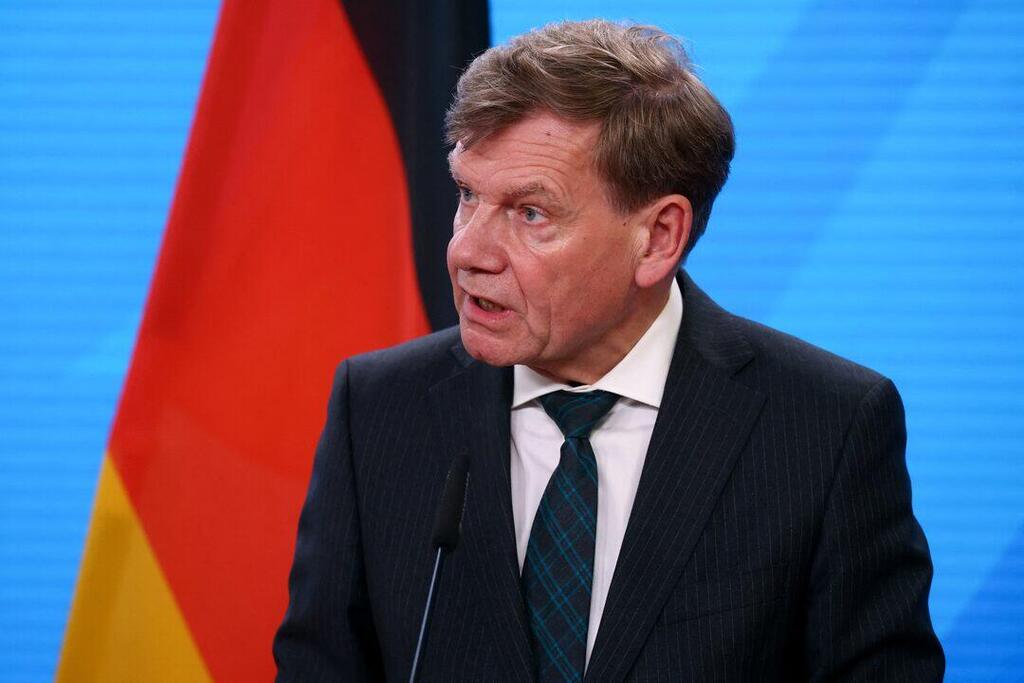Germany’s Foreign Minister Johann Wadephul reaffirmed that any recognition of a Palestinian state must follow a negotiated two-state solution. Speaking ahead of his visit to Israel and the Palestinian territories, Wadephul warned against unilateral actions either by Israel or others, particularly in light of threats from Israeli ministers to annex parts of Palestinian territories. This marks a notable escalation in Berlin’s rhetoric and reflects increasing international concern over Israel’s direction.
Western Nations Shift on Palestine as Germany’s Caution Hinders Unified International Pressure
In recent weeks, countries such as the UK, Canada, and France have signaled readiness to recognize a Palestinian state, even without direct negotiations. Germany, however, remains more restrained, shaped by its historical responsibility for the Holocaust and a traditionally pro-Israel political culture. This cautious posture is seen by some as limiting the West’s ability to apply collective pressure on Israel to change course.
The war in Gaza has now claimed over 60,000 lives, according to Palestinian sources, with starvation and malnutrition worsening rapidly due to Israeli restrictions on aid.
The coalition government in Israel, including far-right ministers, has openly discussed reasserting control over Gaza and annexing the West Bank. These developments are fueling both global condemnation and calls for immediate international intervention, including state recognition for Palestinians.
Shifting Public Opinion Challenges Germany’s Pro-Israel Stance Amid Media and Diplomatic Constraints
Germany’s internal dynamics complicate its foreign policy stance. Major media outlets, particularly those owned by Axel Springer, promote a pro-Israel editorial stance. These publications often frame criticism of Israel as part of an anti-Israel campaign.
Meanwhile, German officials argue that discreet diplomacy is more effective than public pressure, consistent with the doctrine of Staatsraison, Germany’s special commitment to Israel due to its Nazi past.
Despite institutional conservatism, public sentiment in Germany is turning. A June poll found that 63% of Germans believe Israel’s campaign in Gaza has gone too far. Chancellor Friedrich Merz, once firmly pro-Israel, has opened the door to tougher EU measures, such as suspending cooperation agreements.
However, Germany’s indecision remains a critical obstacle within the EU, where concrete sanctions or funding cuts to Israel are still lacking majority support.

Leave a Reply